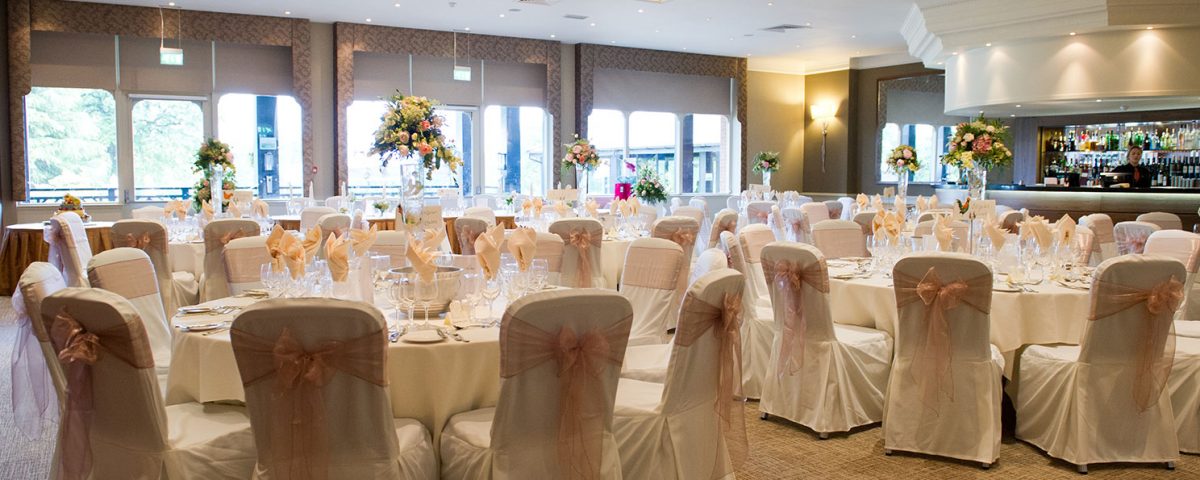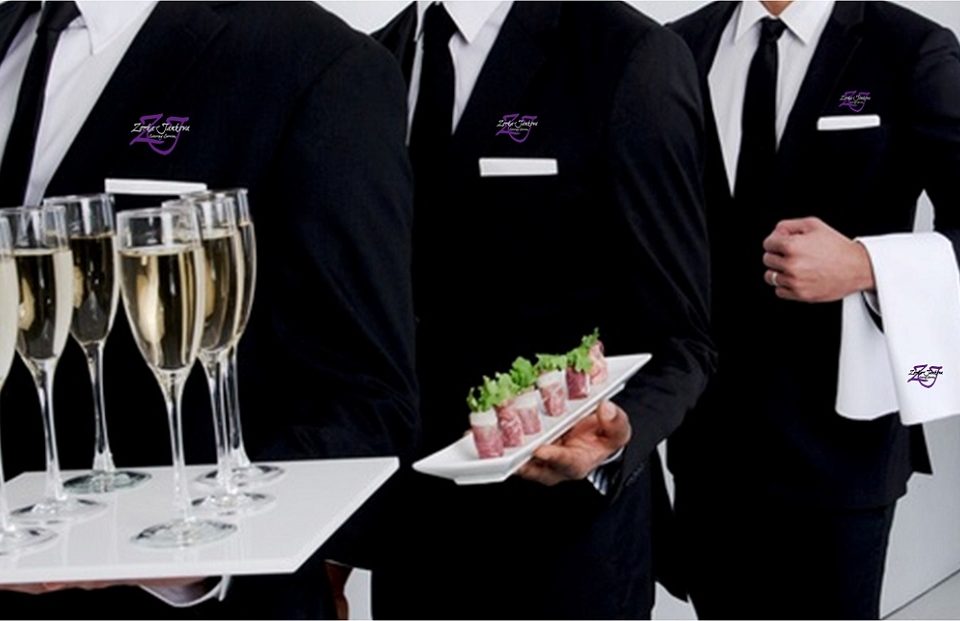
Let’s Have Healthy Events – and Please Pass the Butter
April 5, 2017
Catering an event
May 23, 2017As personalised and detail-oriented as a venue might appear, you have to remember that posh luxury hotels are the usual part of larger brands, and when a bride and groom decide to explore wedding planning at that particular property, they cross through many, many hands on their way to the aisle on the big day. If you’re dealing with a wedding planner, hopefully, the planner will sort through all the baloney on the way to getting the contract you want. But if you’re doing it yourself, you’ve got an interesting road ahead of you and you need to pay close attention to the details.
Research the property thoroughly – read the TripAdvisor.com comments and other hotel review sites – and see what other brides and grooms are saying. No property is perfect and nobody has zero complaints, so if most of the reviews are positive, you’ve likely picked a winner. You can also research online for actual weddings that have taken place on the property – most people do not bother to password protect their wedding websites. Look at the pictures and don’t hesitate to reach out to the actual brides and grooms to ask questions about their experience with the property.
Once you’ve done your homework, you’re ready to start dealing with the actual property itself. There are usually about five steps to the process:
1. First, you deal with corporate sales. Most potential brides and grooms make initial contact with a property via email or telephone, and the person who responds to them is an event salesperson for the hotel corporation someplace far, far away from wherever your wedding destination happens to be. The first person you talk to may never have ever visited that hotel property, and may only be going by what they’ve been given in a marketing kit. So when you ask them questions about specific spaces – whether something will work or not – they’re not answering you based on actual experience.
2. Your  true wedding planning experience begins when you actually visit that dream wedding property
true wedding planning experience begins when you actually visit that dream wedding property
– and I do strongly recommend you visit it if you aren’t using a wedding planner or have never been there – before you sign a contract. Some things are prettier in pictures and you want to make sure the place you’re getting married in is up to your real-life standards.
Take in as much information as you possibly can from the on-site person who takes you around the hotel, before you sign any contracts. Ask a lot of questions. Take notes. You will likely tour the property with an event manager or one of their assistants. You’ll walk all over the place, see everything, and oooh-and-ahh over the possibilities with your tour guide.
Important to Note: When they loosely tell you that the hotel MAY upgrade some things, that doesn’t mean the hotel WILL upgrade anything. All of that depends on the size of your wedding, and the amount of revenue that your event, and the rooms for all of your guests, will actually generate for the property. Comps (things they promise to give you on a “complimentary” basis) that get mentioned on walk-troughs are not guaranteed at this point. All comps will be finalised when drafting their final offer.
3. Pay attention to who you are working with and who tells you what. Turnover at big hotels (even the very good ones) – especially with event staff – is tremendous. The chances you’ll deal with the same team nine months after you first booked your wedding are highly unlikely. Write down every detail of those special offers and enticements you had been given during the tour if you want to make sure they are included in your final contract. You may never see your tour guide again. Keep track of the name of each person you deal with as you plan your wedding so that you can refer back to them if there’s any conflict with the next person.
4. Find out what the hotel’s policies are regarding the space you book, the chances you could be moved, and how many weddings they actually do in a day. Most hotels can’t really execute more than one wedding well. You don’t want yours to be the one that didn’t go as smoothly. You should also find out what your “Plan B” space is in the event of inclement weather. It’s too late to do anything about it if you hate the alternative when you see it on your rainy wedding day.
Some hotels have policies that prohibit them from confirming a specific venue space if the bride and groom have less than a specific number of guests – usually a pretty high number. What this means is that your chances of getting that space depend entirely on whether or not another bride and groom become more important to that hotel that day because their wedding is bigger. Concerning, right? Yeah, I hate that, too.
5. When you request a contract after you’ve toured (and fallen in love with) the property,
you will likely deal with another person in completing that process. This means you must carefully review the contract, looking for all of the little “extras” and “upgrades” the salespeople have told you they would give you. If it’s not in there, you’re not getting it. Be sure to refer to your notes from your conversations and tour so you can tell them exactly who said you would be getting what. I have seen more angry brides and grooms than I like to remember because they didn’t get the honeymoon suite upgrade they were told about when they looked at that room during their tour. Don’t sign a contract until you have every detail covered. And if they won’t agree to guarantee you a space that absolutely HAS to be the spot where you exchange vows, you need to think twice about choosing that venue. You might want to look around for someplace that will guarantee you what you want.
Once you have your contract in place, you should be assigned to somebody in the event/banquet staff of the hotel at the actual property who will be the point person for your wedding planning. Ask them from the beginning if they are the actual person who will be on site at your wedding on your wedding day. If not, who will be the person overseeing the events?
This is the point at which some brides and grooms will reconsider whether they need to use an event planner to make things run smoothly. Hotels that seem to have it under control, and can assign you an in-house event coordinator to work with right off the bat, probably have their ducks in a row. Properties that bounce you from person to person will require more supervision from your end to make sure your vision is executed in the manner you designed when you planned your wedding.
Find out what the in-house coordinator will take responsibility for, and what is ultimately your problem. If you hire vendors and write the schedule, will the in-house coordinator keep the trains running on the time of your wedding day? Or will you need to have one of your own people on site to tell the DJ where to set up and make sure the flower arch is put in the correct place for the ceremony? Different hotels offer different levels of service when it comes to the actual execution of the wedding. Sometimes brides assume that the banquet manager assigned to the wedding is actually their de facto wedding planner. This is usually not the case. Manage your expectations from the beginning by finding out what a hotel’s staff will, and won’t, do to help plan and execute your wedding.
Beautiful hotels make for beautiful weddings, but whether a bride and groom enjoy the planning process is a whole different ball of wax. If you make sure to cover every possible angle in your initial contract with the hotel, chances are you will not be disappointed. If your first choice venue cannot and will not guarantee to accommodate you on your wedding day, go somewhere else. Remember, it’s not about WHERE you’re getting married; it’s about WHO is there to celebrate with you on your big day.
To find out more about booking a professional, reputable caterer for any private or corporate events in London, talk to Zjcatering today.
Call us today on 0800 368 7446.





